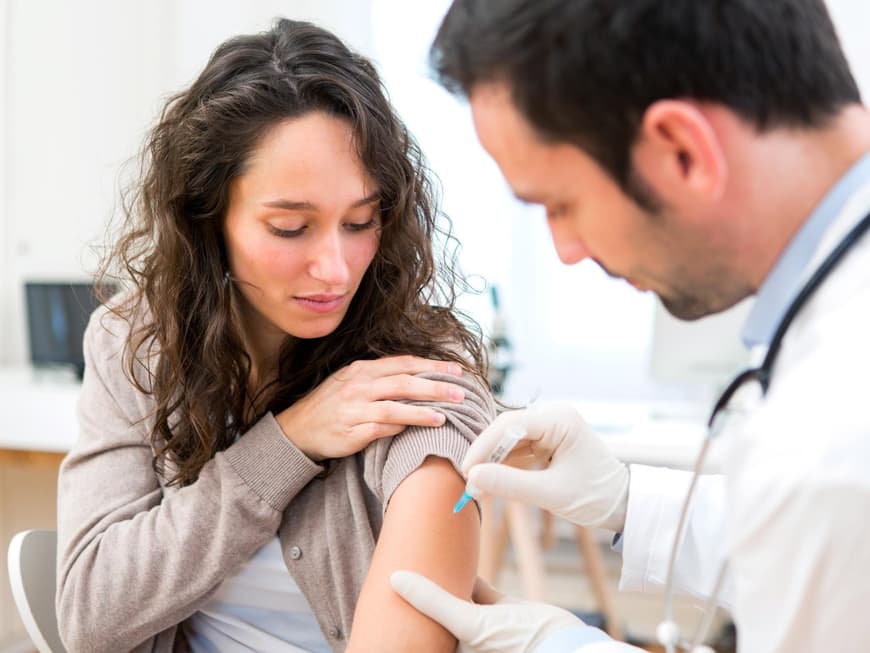
Contrary to popular belief, measles is not just a childhood disease. Most cases of measles in Germany today actually occur in adolescents and adults. The older the patient, the more dangerous the disease is. So what to do?
A little prick
It would be so easy to protect yourself against the disease and eradicate it: a small vaccination prick could prevent the spread of measles in Germany. But according to the DAK, only 81.2 percent of children in Germany receive the first vaccination after the age of one. For the important second measles vaccination, the rate drops to 63.3 percent. Curious: studies have shown that particularly wealthy and educated parents refuse the vaccination.
Not harmless
Measles is by no means a childhood disease, nor is it harmless. The infection is highly contagious and massively weakens the immune system. This often leads to secondary illnesses such as diarrhea, middle ear infections or pneumonia.
Highly dangerous consequences
And: after infection, young children in particular are at high risk of developing fatal encephalitis years later. "Subacute sclerosing panencephalitis" (SSPE) is the technical term. It leads to a loss of mental capacity and ends in a vegetative state. For 15 to 20 percent of patients, meningitis is fatal, while a further 20 to 40 percent are likely to suffer permanent brain damage. Those affected can die even years later; SSPE cannot be treated.
Close the vaccination gap
Adults should therefore also be vaccinated against measles. The Robert Koch Institute recommends it for everyone born after 1970. And: You cannot "over-vaccinate" yourself .






